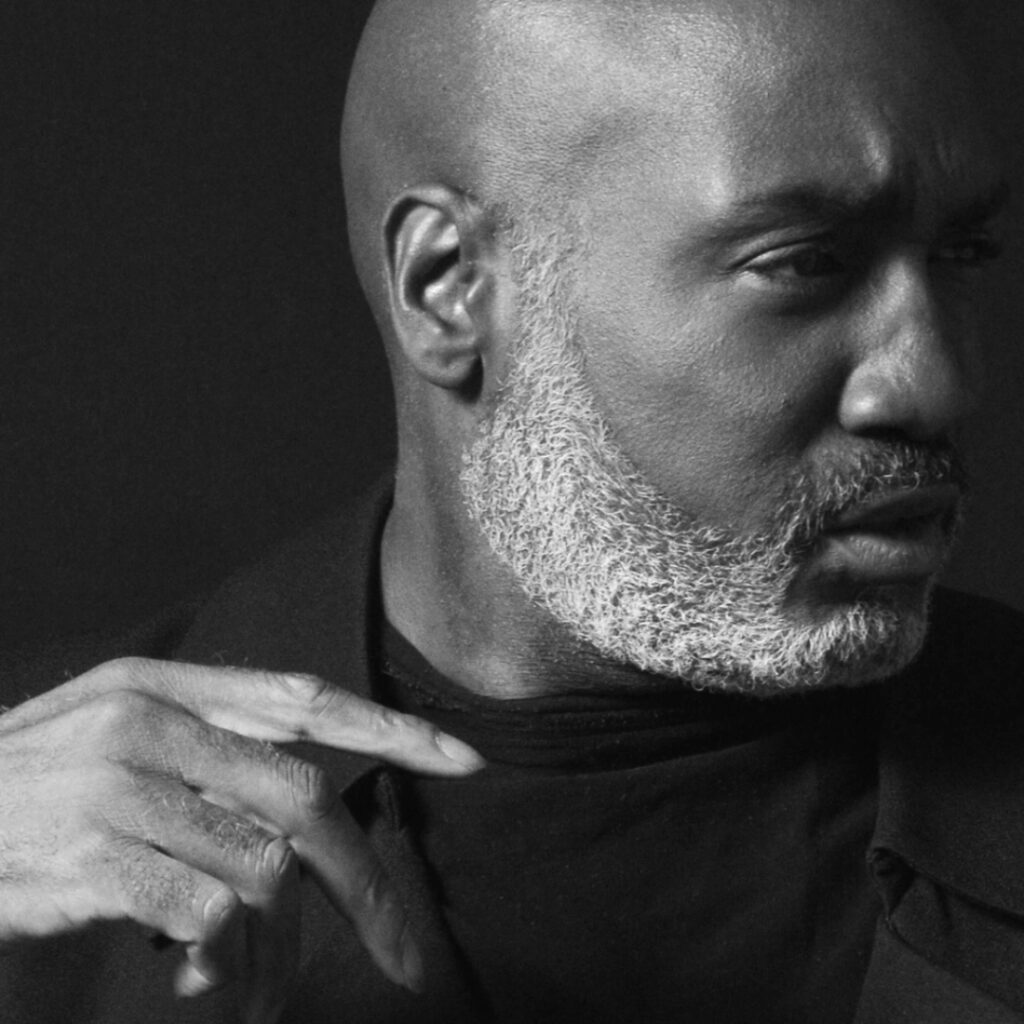
Photo courtesy of Joseph D. Murphy
Aging is a mixed bag. We can all have light-hearted conversations about joint pains, expanding waistlines, and keeping our cholesterol in check, but what society doesn’t talk about nearly enough is how isolating getting older can be. For those of us with complex health conditions that curb our movement, and often frustratingly confine us to our homes, our world and social circles get smaller and smaller as we age.
Opportunities for real connections shrink. Friends and family oftentimes can’t relate, and you don’t want to burden them. Conversations can be awkward: Who, after all, wants to hear about being stuck in the hospital for three months? New York City is isolating enough, let alone living with the burden of these challenges.
I’m certainly not alone either. New York City’s health commissioner declared “an epidemic of loneliness” during the pandemic. But even before COVID-19, approximately half of U.S. adults felt lonely. Yet, the loss of independence presents an additional hurdle. I’m fortunate enough to work from home. When I go out, I must carefully study the subway. Transportation can be inaccessible.
Figuring out how to get my meals can be challenging. When I was discharged from the hospital, within the first two weeks, I dismissed the use of any walking aid or equipment, such as a wheelchair or walker, because I didn’t want to appear to be a victim who another person could prey on – particularly at night in my Bronx neighborhood.
That’s why I was intrigued when my home care aide referred me to a new social forum for older men to discuss these issues. At first, I was hesitant. I sat, saying little, as I watched the group of a dozen or so Bronxites banter about their lives, but I became more engaged when the conversation veered into our medical issues: how to stay healthy, and how to cope with our situations.
We talk about what it’s like to learn how to walk again using walkers and canes. We talk about what it’s like to have foot pain and neuropathy, and how to tie our shoes. We discuss the challenges of eating healthily and best practices for communicating these issues to our doctors, how we feel outside in the community, and how we interact with a society that often isn’t built for the aging population.
I was born and raised in The Bronx. I’ve spent years shaping the world of fashion, photography, and the arts, but men of my generation generally do not tend to open like this. The opportunity to talk with men of my own age about what we go through, and how we cope has been surprisingly therapeutic, and I, myself, come from a therapeutic background.
For two decades, I worked as a licensed counselor and case manager. I spent my career helping clients improve their quality of life, including through art, but hadn’t really thought about how I might benefit.
We need more of this programming as our city ages. One in five New Yorkers are over the age of 60, and are more likely to live alone with frailty than older Americans as a whole. Recent data also shows New York City’s 65-plus population grew 36% in the past decade, but services to support older New Yorkers have not kept pace.
With an aging population, the state and city should prioritize these types of social groups and learn from organizations like RiverSpring Health Plans, the Bronx-based healthcare provider who facilitated this men’s group and provides the home care-aid that allows me to live independently as part of their Managed Long Term Care program.
While our small group is growing , and recently expanded to Brooklyn, it’d be great if more members signed up. More men would benefit if they shed their fears and talked about these changes in their lives. Society would experience the value, including youngsters on the road to poor health with their current lifestyle choices. For others, vanity and ego keep them from seeing a doctor despite the deterioration of their bodies.
I’ve always said that from day to day, we’ve all got to do something that makes us feel good in our own skin, and this group does that. I hope as our city ages, more New Yorkers will experience these same benefits and officials will see the value.
Ja’Dee Murphy is a professional photographer and fashion industry pioneer who lives in The Bronx.
Editor’s Note: The author of this op-ed sent us an updated version after we printed the original version we received in our latest print edition. The updated version includes his preferred name and spelling.




